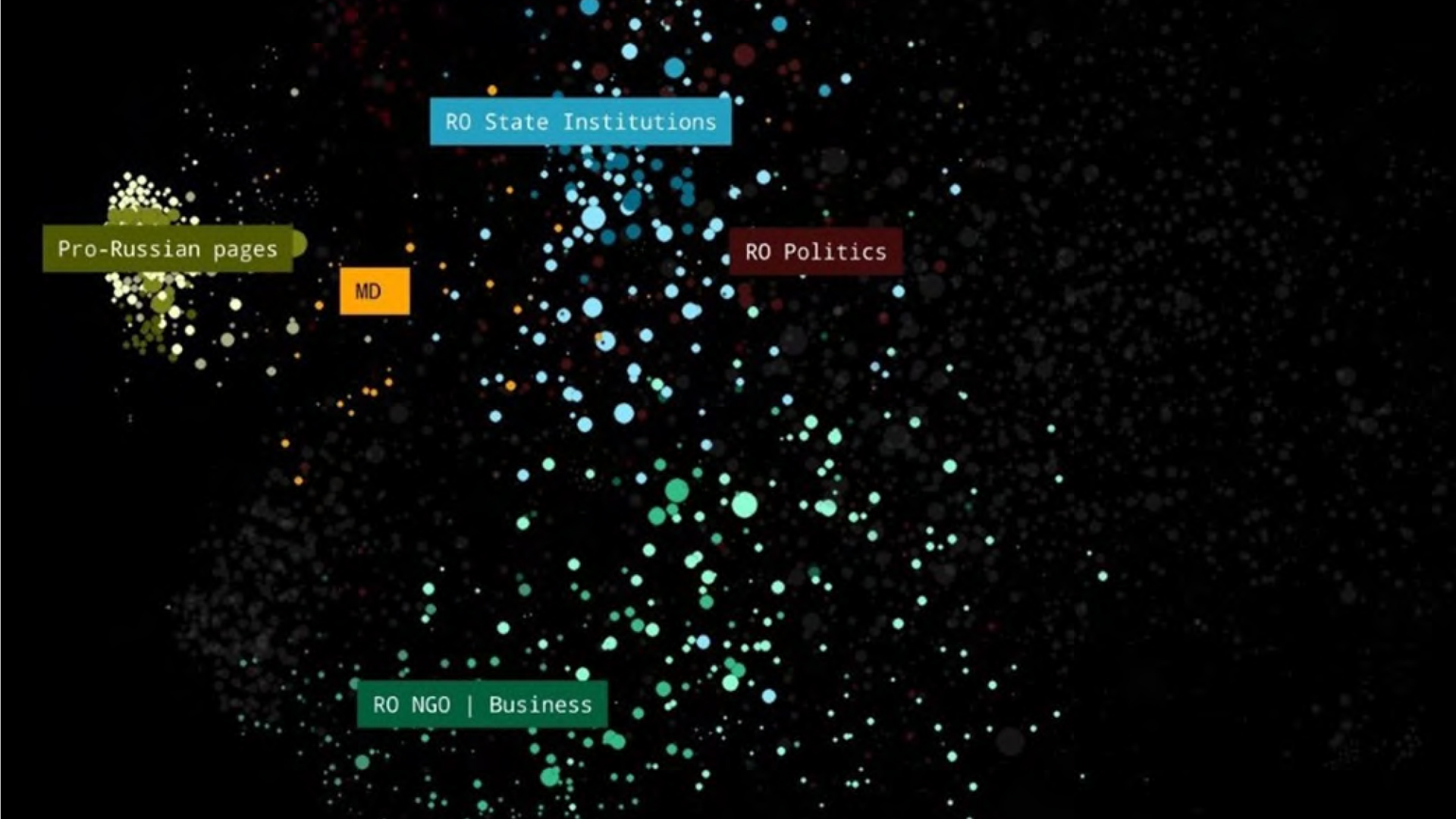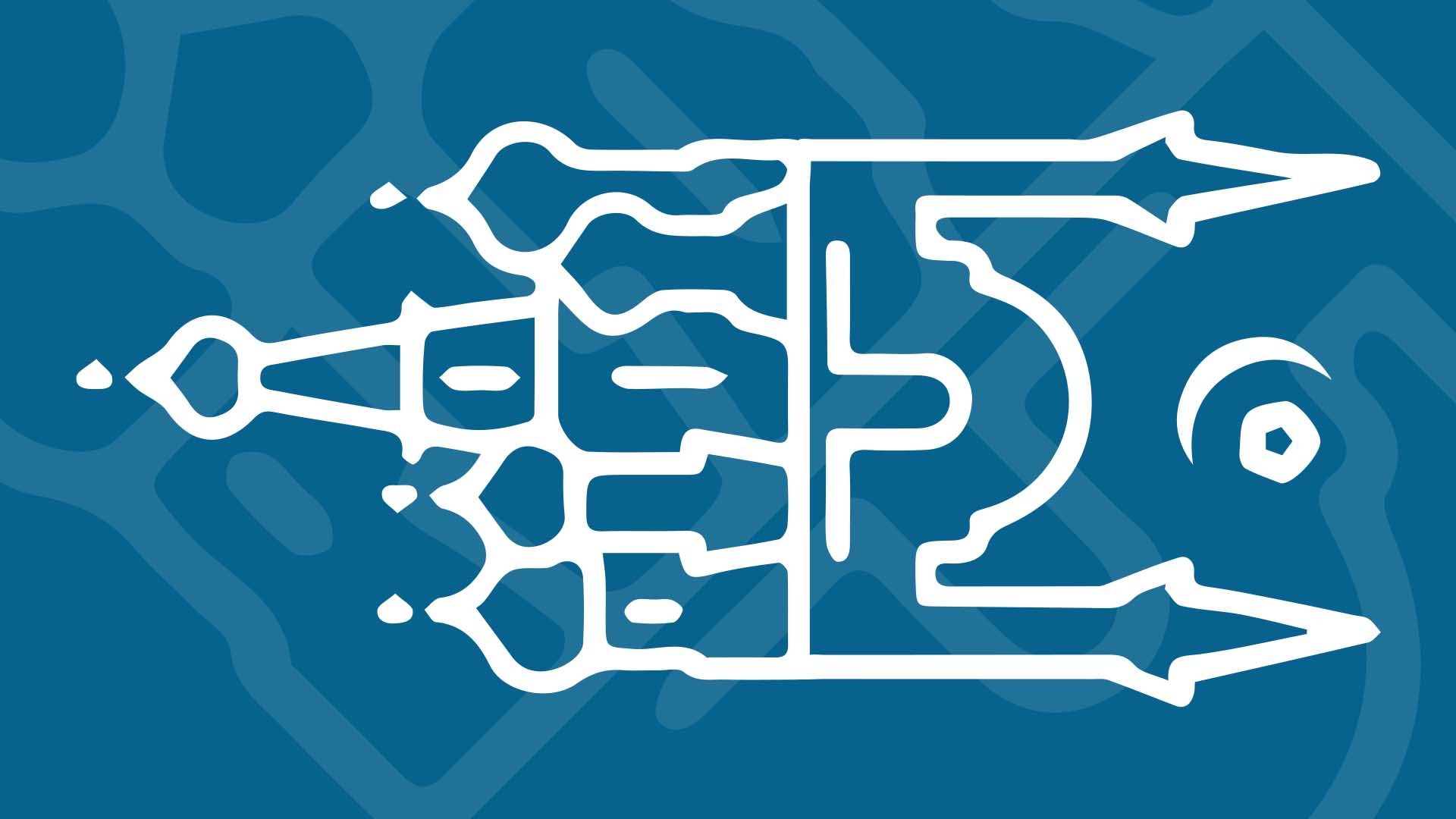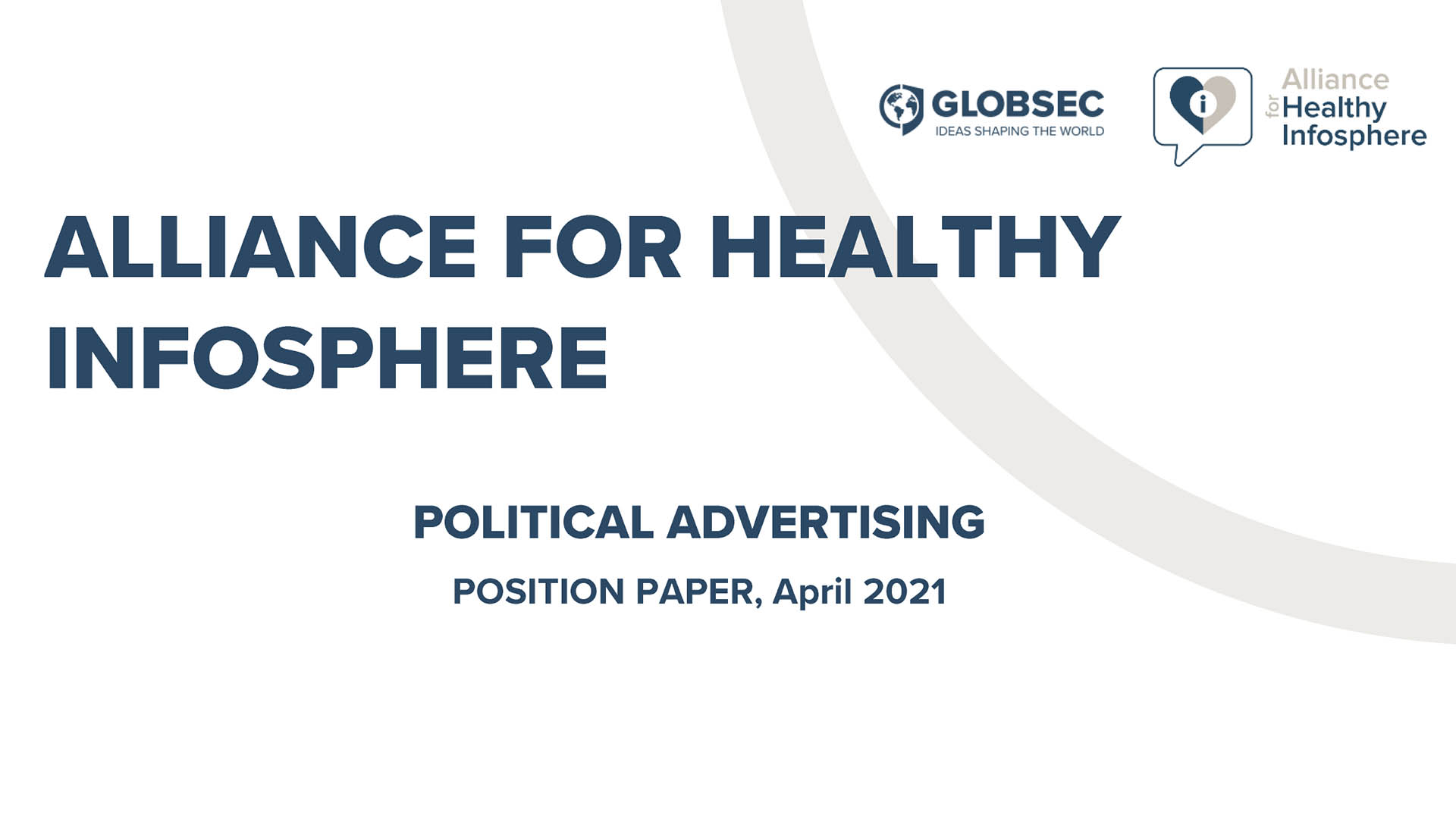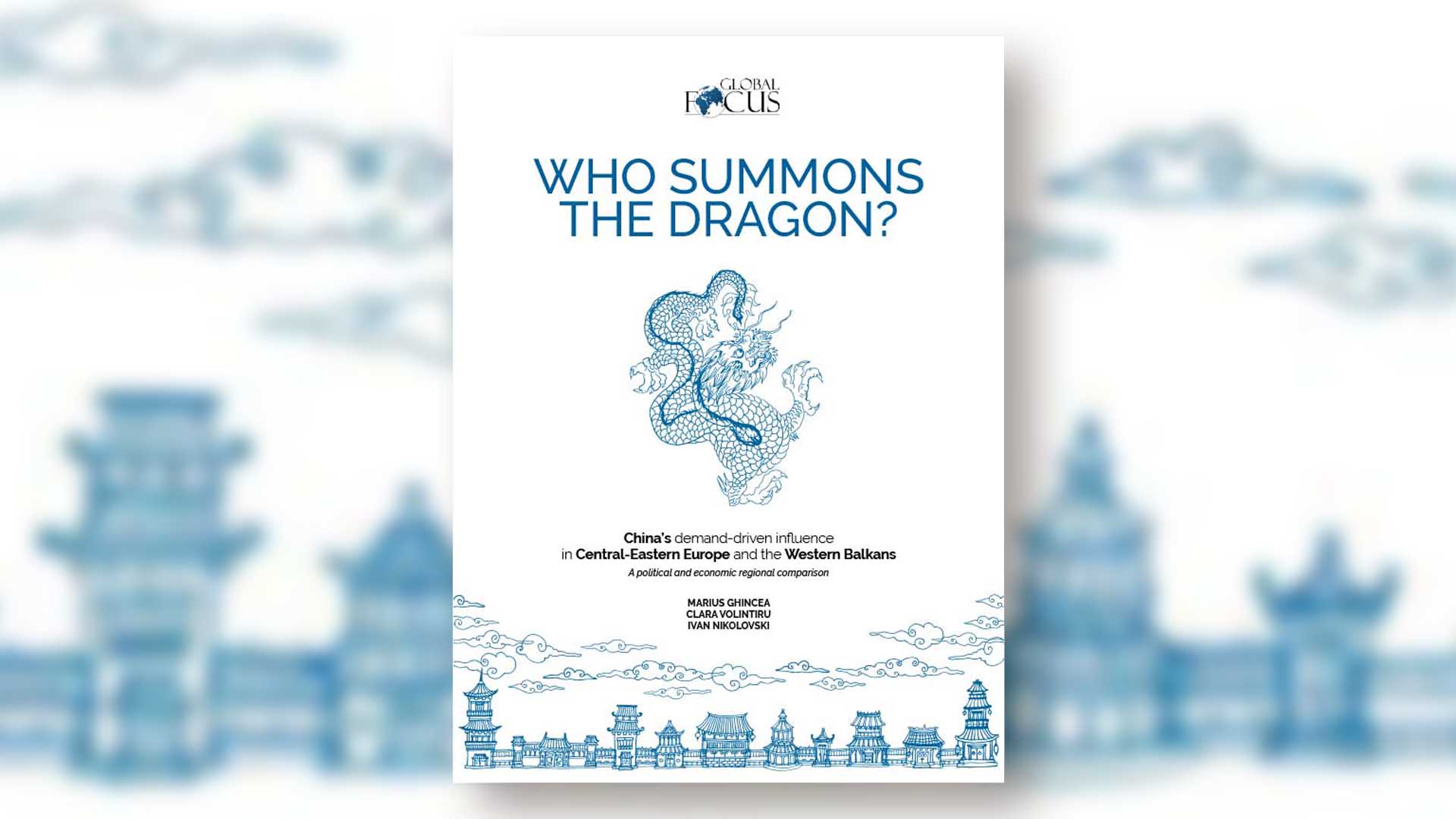‘Russian Disinformation in Slovakia: an Experimental Approach’ is a study conducted by Roman Hlatky, as part of the GlobalFocus Focus fellowship program supported by the Open Information Partnership and Black Sea Trust.


An analysis of 4,741 public pages populating Romania’s Facebook universe has revealed that the rather limited influence of overt pro-Russian outlets in Romania has not discouraged the Kremlin from speculating local, like-minded individuals and organisations in promoting a divisive narrative targeting mainly our trans-Atlantic orientation and EU membership.

In this paper, GlobalFocus Center fellow Ovidiu Raețchi reframes the intriguing relationship recently developed between traditional regional adversaries Russia and Turkey as one of competitive cooperation. Make no mistake, he argues: the element of competition remains; the presidential choreographies, however, point to an informal agreement at the highest level, between Putin and Erdogan, to avoid any serious deterioration of relations, each of them considering that one has more to lose if he makes the other vulnerable and obtains geopolitical gains at the other’s expense.
Ovidiu Raețchi is an expert on Middle Eastern politics and history and a former vice-chair of the Committee on Defence, Public Order and National Security of the Chamber of Deputies in the Romanian Parliament.

The digitalisation of political campaigning has rapidly transformed the democratic political processes. Online political advertising has not only opened up new possibilities for democratic dialogue and creative engagement, but it has also become a relatively cheap and easy way of amplifying information manipulation.

A political and economic regional comparison
Based on a mixed-method methodology cross-cutting the political/economical divide, our latest brief shows that while China wants to increase its economic and political influence in the region, there is a significant difference between the story we hear and the facts we see. Despite China’s efforts to leverage vulnerabilities in the region, its political influence seems to be still relatively low. Economic influence by itself cannot match Western economic ties either. Political engagement with China is shaped mostly by domestic factors and geopolitical considerations, particularly those related to security.


